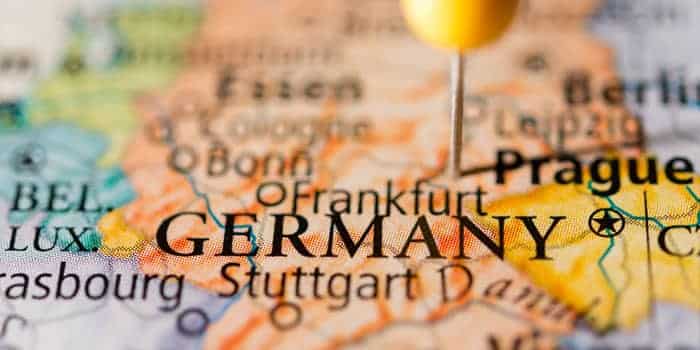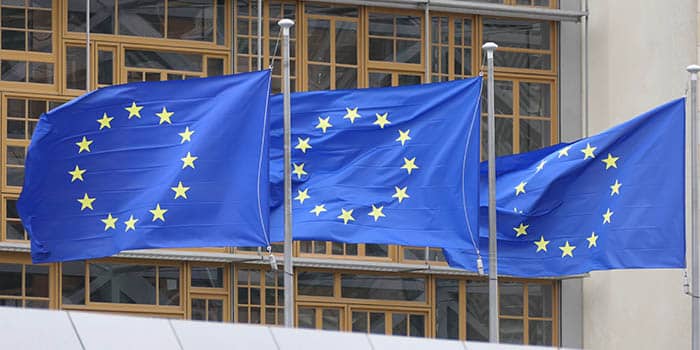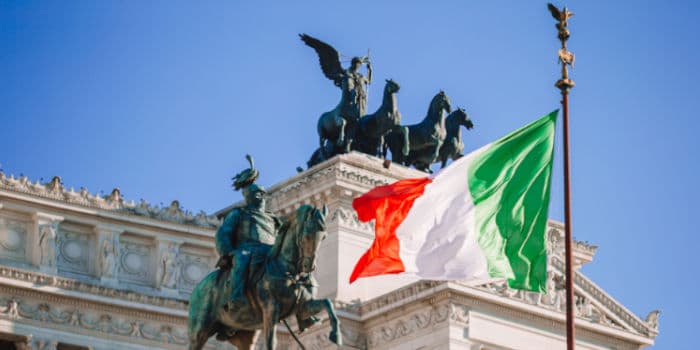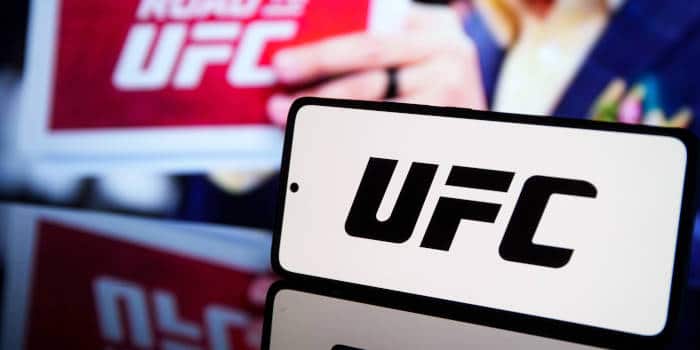- Casino
- By State
- Alabama
- Alaska
- Arizona
- Arkansas
- California
- Colorado
- Connecticut
- Delaware
- Georgia
- Florida
- Hawaii
- Idaho
- Illinois
- Indiana
- Iowa
- Kansas
- Kentucky
- Louisiana
- Maine
- Massachusetts
- Maryland
- Michigan
- Minnesota
- Mississippi
- Missouri
- Montana
- Nebraska
- Nevada
- New Hampshire
- New Jersey
- New Mexico
- New York
- North Carolina
- North Dakota
- Ohio
- Oklahoma
- Oregon
- Pennsylvania
- Rhode Island
- South Carolina
- South Dakota
- Tennessee
- Texas
- Utah
- Vermont
- Virginia
- Washington
- West Virginia
- Wisconsin
- Wyoming
- By State
- Slots
- Poker
- Sports
- Esports
Germany’s Strict Gambling Regulations Have an Adverse Effect, DSWV Says
The regulator believes that the tight regulations and restrictions on advertisement channel people toward the black market

Germany continues to be plagued by illegal gambling operators, resulting in lower revenues from the licensed gaming verticals. This is a serious problem that the European country has been struggling for a while with.
According to the German Sports Betting Association (Deutsche Sportwettenverband/DSWV), legal sports betting declined in 2022 in spite of the FIFA World Cup which bolstered operators’ revenues in other markets. On the contrary, German companies saw revenues plummet, causing serious concerns for the future of legal gambling in the country.
German sportsbooks earned $8.7 billion (converted from Euro, current rates) in 2022, which represents a 13% year-on-year decline from the $10 billion it earned the prior year. State revenues from sports betting tax also declined correspondingly to around $460 million.
Tight Regulations Are to Blame, the DSWV Says
The DSWV attributed the suboptimal results to Germany being knocked out of the World Cup in the early stages and the repressive market regulations. In its efforts to protect customers from gambling harm, Germany has created a rule set that makes it hard for operators to remain sustainable.
In addition, the regulations have channeled some players toward the black market. According to the DSWV, the regulations are not helping people save money. Instead, people are gambling the same amounts elsewhere. This is confirmed by recent studies that show a steep 65% rise in illegal gambling activity.
Another problem is that the legal German market is not known for its diverse products. While it offers quite a few sports betting sites, most of them offer a limited types of markets. In addition, customers do not have much choice when it comes to slots, poker and online casino games either.
Mathias Dahms, president of the DSWV, said:
For most customers, whether a provider has a permit from Germany is secondary. They are looking for the most comprehensive offer, the best odds, uncomplicated payment processes and interesting bonuses. That’s where the legal offers have a hard time.
Mathias Dahms, president, DSWV
Ads Aren’t So Bad, the Union Argues
Another thing that prevents the legal market from being successful is Germany’s strict restrictions on gambling advertisements. Gambling ads are one of the hot topics of the global regulated gambling industry, as many regions are seeking to protect non-gamblers from being bombarded with gambling content.
However, restricting ads has an adverse effect when it comes to existing gamblers, who have no qualms about picking an illegal operator, despite the related risks.
The DSWV noted that many people falsely assume that more ads equal more gamblers. However, certain markets such as the UK and Denmark have proven this notion to be wrong.
Luka Andric, CEO of the DSWV, also commented on the matter. He said that advertising is useful for telling people which sites are legal and provide player protections. Andric highlighted the importance of advertising in a responsible way and preventing self-excluded people from receiving ads.
The DSWV hopes that Germany will be able to strike a balance between protecting its customers and preventing the black market from reigning supreme.
Related Topics:
Although Fiona doesn't have a long-spanning background within the gambling industry, she is an incredibly skilled journalist who has built a strong interest in the constantly growing iGaming network. The team at Gambling News is glad to have her on our roster to help deliver the best stories as soon as they hit. Aside from writing, she loves to dabble in online casino games such as slots and roulette, both for her own enjoyment and also as research to better improve her understanding of the industry.
Must Read
Industry
July 8, 2025
Trump’s Gambling Tax Cap Draws Divided Opinions
More Articles





Sports
July 11, 2025
DraftKings to Give Back Over $3M to Connecticut Users

Legal
July 10, 2025
Italian Court Clears Betsolution Ltd of Mafia Links

Sports
July 10, 2025
NJ Bans Sportsbook Deals With Public Colleges

Business
July 10, 2025
DoubleDown Acquires Whow Games in €65 Million Deal













